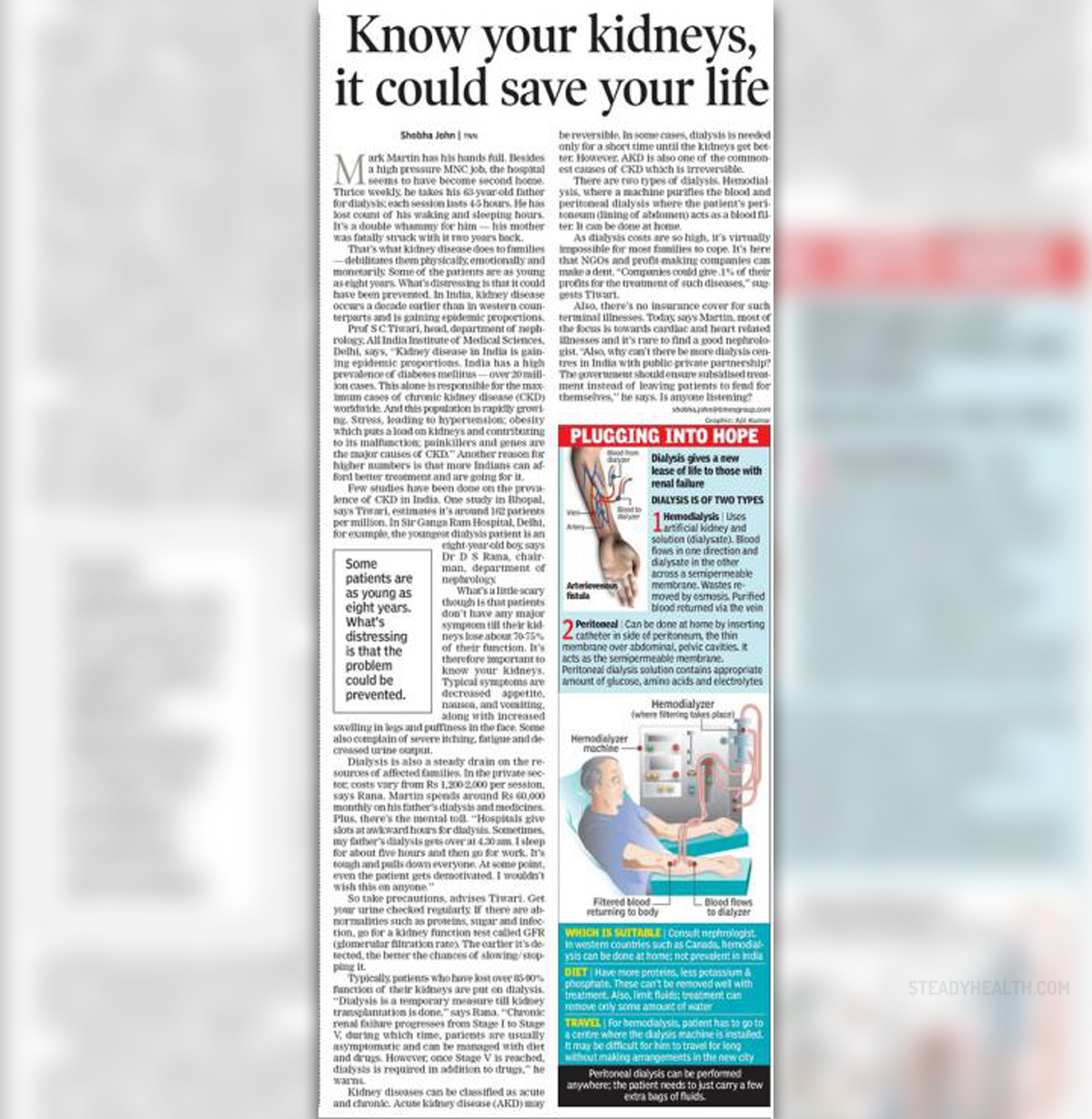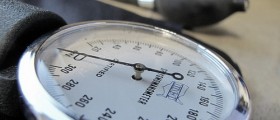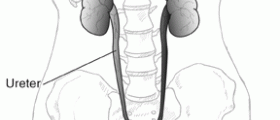
About The Kidneys
The kidneys are located in the lower back, left and right ofthe spine. These organs are the vital organs of our body. They filter thetoxic products of metabolism, regulate blood pressure, maintain the optimallevels of electrolytes and also stimulate red blood cells synthesis.
Monitoring the levels of natrium (sodium) and kalium(potassium) kidneys can provide ideal acid-base balance. Products of metabolismare often harmful, so the kidneys filter those and send them to excretion inurine. Some of the products are urea, uric acid and creatinine and blood urea nitrogen.
Sensor mechanisms located in the kidneys decide about theamount of water and electrolytes that need to be excreted, based on the concentrationof electrolytes. Kidney hormone that regulates sensors (and therefore the bloodpressure) is known as rennin.
Erythropoietin is also a hormone produced in kidneys. Itstimulates bone marrow to produce red blood cells. Erythropoietin responds tothe blood level of oxygen. When the oxygen in the blood gets low it increasesthe level of this hormone and that leads to the production of new red blood cells.
Kidney Failure Causes
There are two distinctive types of kidney failure: acute andchronic condition. The acute kidney failure is almost always provoked by thekidney injury and the kidneys lose the ability to function properly really quickly.
According to the place where the injury happened, we candistinguish several types of acute kidney failure:
Pre-renal (before the kidneys) causes of kidney failurehappen when something decrease the supply of the blood to the kidneys. These causesinclude the cases of dehydration because of vomiting, diarrhea, fever or lowfluid intake, blood loss that caused hypovolemia, use of some medications(diuretics) and problems with the obstruction of renal arteries or veins.Renal causes of kidney failure are provoked by kidneydamage. It includes acute glomerulonephritis (inflammation of the filtering systemin the kidneys), sepsis (a severe case of infection), rhabdomyolysis, multiple myelomaor the use of some toxic medications. The drugs known to sometimes damage thekidneys are non-steroidal anti-inflammatory drugs (NSAIDs), some antibiotics,lithium and iodine medications.Post-renal causes of kidney failure have something to dowith the urine. Sometimes, it might be the obstruction of the bladder, ureter, prostate(hypertrophy or cancer) or kidney stones. In some cases tumors in the abdomencould also affect the kidneys.Chronic renal failure develops over time. It takes manymonths or even years to develop and may be caused by chronic glomerulonephritisor poorly managed diabetes or hypertension. In some cases, chronic kidneyproblems may be associated with kidney stones, prostate problems, polycystickidney disease or reflux nephropathy.

















Your thoughts on this
Loading...